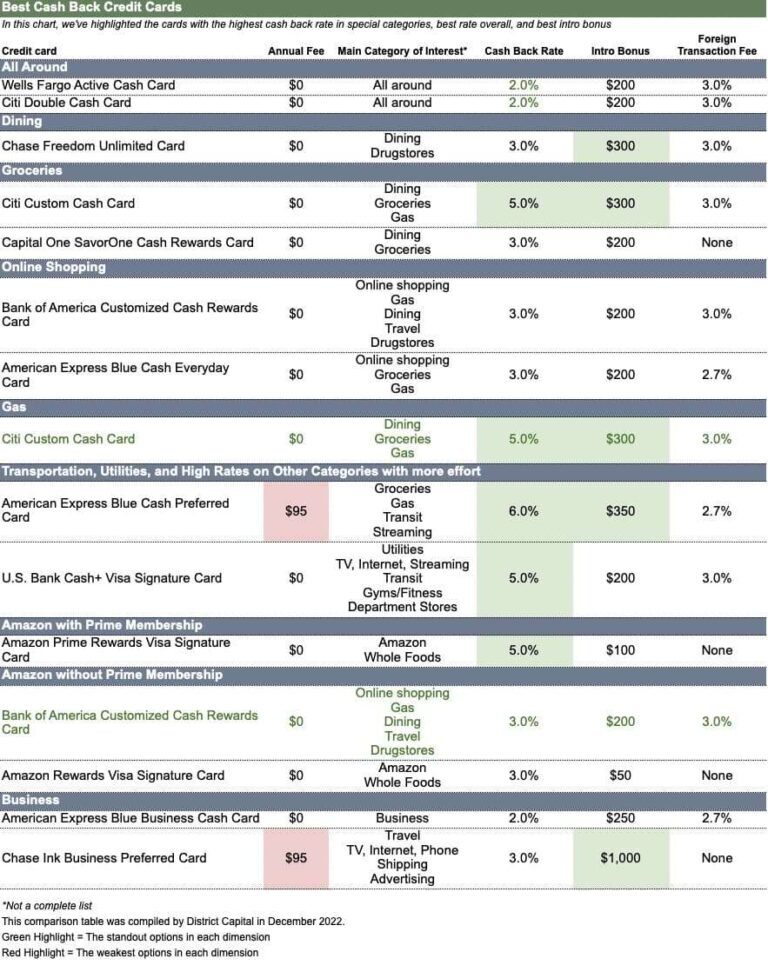Student Finance Tips to Avoid Debt: Build a Strong Financial Foundation for Your Future
Managing finances as a student can be challenging, especially with rising tuition fees and living costs. Many students rely on loans, credit cards, or part-time work to make ends meet, which can lead to debt if not carefully managed. Understanding how to balance your finances and avoid debt is crucial not only for your time in school but for your future financial health. This article provides practical student finance tips to help you navigate your finances, make informed decisions, and avoid the financial pitfalls that come with student debt. Whether you’re in your first year or final semester, these tips will empower you to take control of your financial future.
Create a Budget: Your First Step Toward Financial Control
Creating a budget is the foundation of any effective finance strategy. As a student, it’s essential to understand where your money is coming from and where it’s going. Start by calculating your income, including student loans, part-time jobs, or allowances. Then, track your expenses, focusing on fixed costs like rent, utilities, and tuition, as well as variable costs like food, entertainment, and transportation. By categorizing your expenses and setting spending limits, you can avoid overspending and ensure that your income covers your needs. Stick to your budget to prevent unnecessary debt and give yourself financial peace of mind.
Limit Student Loan Borrowing: Only Borrow What You Need
Student loans can be a helpful tool to finance your education, but borrowing too much can lead to significant debt after graduation. While it may seem tempting to borrow the maximum amount available, consider your future earning potential and only take out loans for tuition, books, and essential living costs. Avoid using loans for non-essential purchases or luxuries. Many students graduate with loan amounts higher than they can comfortably repay, which can delay financial freedom. Be mindful of your loan limits and understand the interest rates and repayment terms before committing to any borrowing.
Save on Living Costs: Practical Tips for Budget-Friendly Living
Living expenses often make up a large portion of a student’s budget. Finding ways to save on housing, food, and other essentials can make a big difference in avoiding unnecessary debt. Consider living in shared accommodations or student housing to reduce rent costs. Take advantage of student discounts and meal plans, and learn to cook simple, cost-effective meals rather than relying on takeout or eating out. Additionally, look for second-hand textbooks and other supplies. Small adjustments in your daily living can add up, helping you stretch your budget and avoid unnecessary debt.
Use Credit Responsibly: Avoid Accumulating High-Interest Debt
While credit cards can offer convenience, they also come with the risk of accumulating high-interest debt if not used responsibly. As a student, it’s important to build your credit history, but don’t fall into the trap of using credit for non-essential purchases. Pay off your credit card balance in full each month to avoid interest charges, and keep your credit utilization ratio low. If you’re unsure about how much credit to use, start with a low credit limit and monitor your spending closely. Remember, credit cards are a tool, not a solution to financial challenges, so use them wisely to build credit without falling into debt.
Seek Financial Advice and Support: Don’t Hesitate to Ask for Help
Managing finances as a student can be overwhelming, especially if you’re new to budgeting and saving. If you’re struggling, don’t hesitate to seek advice or support. Many universities offer free financial counseling services that can help you create a budget, understand your student loans, and plan for future financial goals. Additionally, online resources, apps, and financial education courses can offer valuable tips and tools. Getting help when needed can prevent small financial issues from becoming major problems and help you avoid falling into debt.
FAQs
- How can I avoid accumulating debt as a student? Create a budget, limit borrowing to essentials, save on living costs, use credit responsibly, and seek financial advice when needed.
- How much should I borrow for student loans? Only borrow what you absolutely need for tuition, books, and essential living costs. Avoid using loans for luxury items or non-essential expenses.
- What are some practical ways to save on living costs as a student? Consider shared accommodations, use student discounts, cook your own meals, and buy second-hand textbooks to reduce living expenses.
- Is using credit cards a good idea for students? Credit cards can help build your credit history, but they should be used responsibly. Pay off your balance in full each month to avoid high-interest debt.
- Where can I get financial advice as a student? Many universities offer free financial counseling services. You can also find advice online or use budgeting apps to help you manage your finances.



